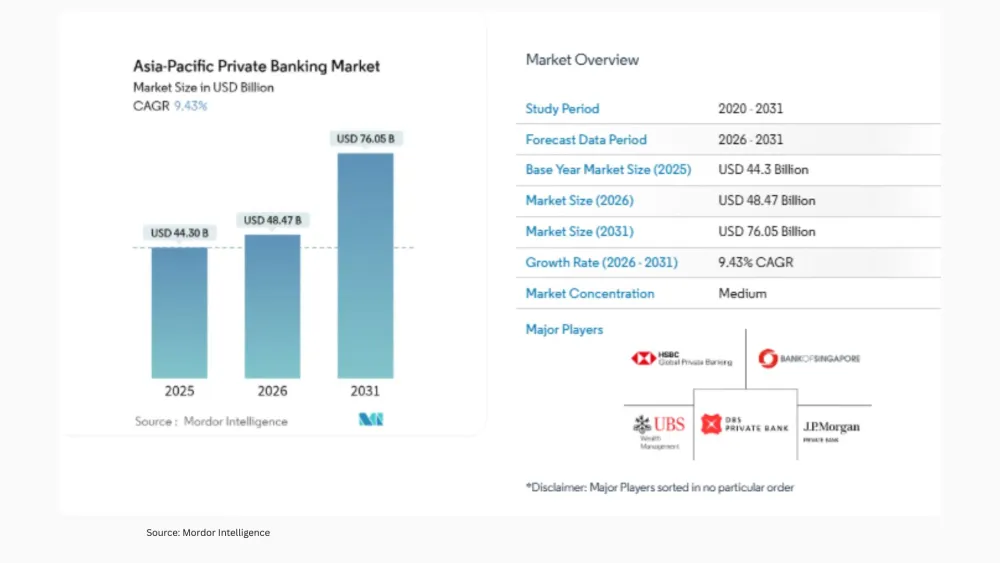StanChart names Lim Cheng Teck as CEO for ASEAN markets
Standard Chartered Bank announced the appointment of Lim Cheng Teck as the CEO for its ASEAN markets. The appointment is effective 1st May 2014.
To maximise opportunities in key growth regions, the Bank has recently implemented a new structure of eight specific regions: ASEAN, Greater China, North East Asia, MENAP (Middle East, North Africa and Pakistan), South Asia, Africa, Europe and the Americas.
As CEO ASEAN, Cheng Teck will be responsible for delivering the refreshed and sharpened strategy to realise the growth and return aspirations for the Bank’s franchise and operations in ASEAN, comprising Singapore, Indonesia, Malaysia, Thailand, Philippines, Laos, Myanmar, Vietnam, Cambodia, Brunei and Australia.
Cheng Teck started his career with Standard Chartered in Singapore in 1988. He has spent a total of close to ten years based overseas and will return to Singapore for his new role.



















 Advertise
Advertise












